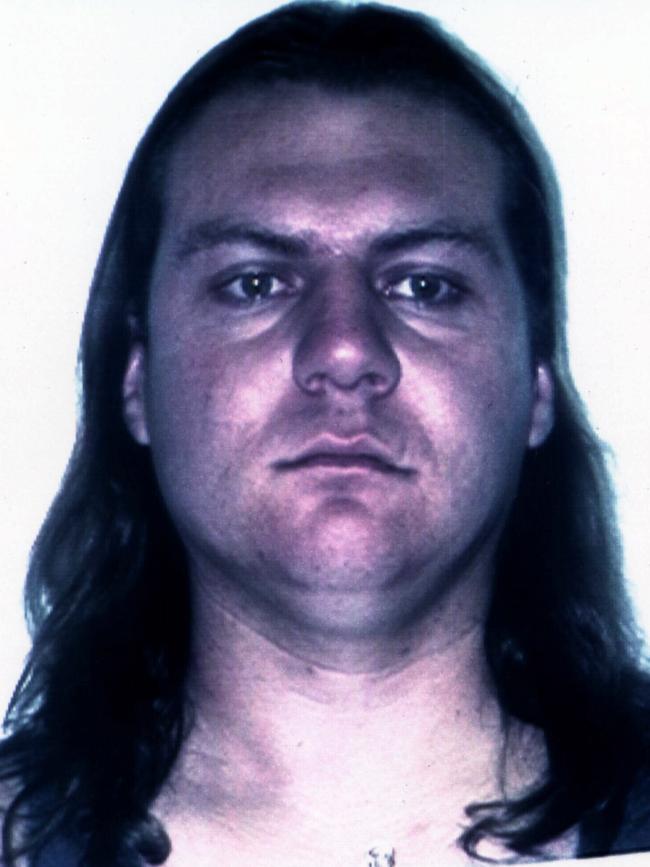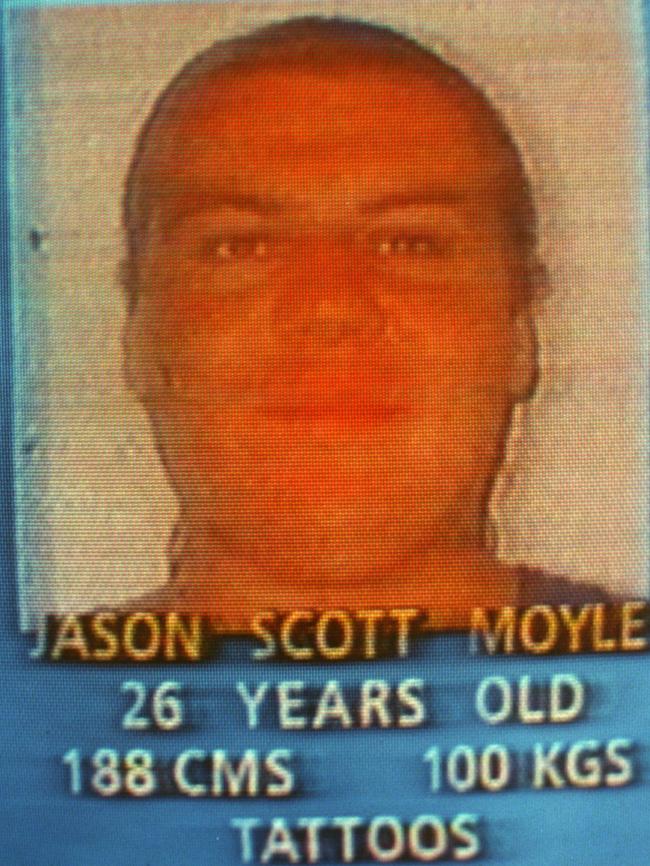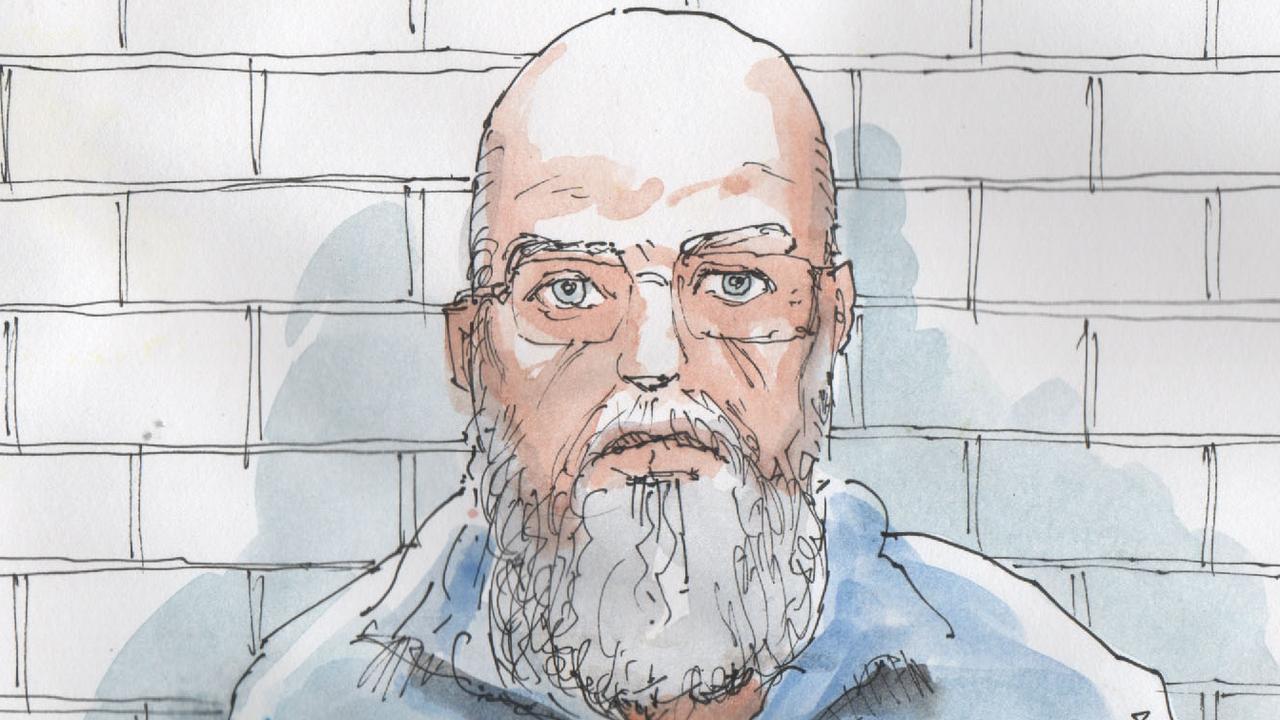Supreme Court told SA laws cannot be used in concert to create ‘step-down’ release program for serial offender Jason Scott Moyle
A JUDGE has been told he cannot fashion a “step-down” rehabilitation program for a career criminal, prison escapee and sexual deviant, because state law will not allow it.
- Career criminal and ‘deviant’ could be released by court
- ‘Deviant’ back behind bars after just three days of freedom
- Criminal will be supervised, but jail term yet to be decided
A JUDGE has been told he cannot fashion a “step-down” rehabilitation program for a career criminal, prison escapee and sexual deviant, because state law will not allow it.
The Supreme Court has heard Jason Scott Moyle — who has spent 28 of the past 30 years in jail — is caught in “tension” between competing laws and the power of judges and prison authorities.
On Friday, Justice Martin Hinton said he wanted Moyle to undergo rehabilitative programs before release, but State Government lawyers said that could not be guaranteed.
“At some point, he has to go back into the community … he’s only 48, his life expectancy is quite long,” Justice Hinton replied.
“I don’t imagine he’s the only prisoner who fits into this category … he will appeal (my decision) and you will have a very big problem.
“In the meantime, you can go to the Attorney-General and have things fixed.”


Moyle’s criminal history spans decades and includes convictions for crimes ranging from armed robbery to indecent assault.
He was released on supervised licence in July, but was back in jail just three days later having breached his release conditions.
Last week, Justice Hinton said Moyle’s next release should include a five-year supervision period, but has yet to determine how long he should be detained before that begins.
On Friday, he proposed using a mixture of the state’s extended supervision and continuing detention laws to create a staged release that included rehabilitation programs.
Benjamin Garnaut, for the Attorney-General’s office, said there should be a 14-month period of detention.
He said the court’s idea could not work because it interfered with the chief executive of the Department for Correctional Services’ discretion to run prison services.
“I’ve always found that unusual, because that can undermine everything this court can do,” Justice Hinton said.
“We are just going to come back here in 14 months, the Attorney is going to give you the same instructions and DCS will have not done what it needs to do to help this man.”
Andrew Culshaw, for Moyle, said his client had “mellowed” over the years and no longer posed a risk — a submission Justice Hinton did not accept.
“I’ve been critical (of the AG’s position) but, to be fair, Moyle has not helped matters,” he said.
“He leaves us all in a very difficult position, unless a risk is taken somehow.”
He reserved his decision and remanded Moyle in custody.



